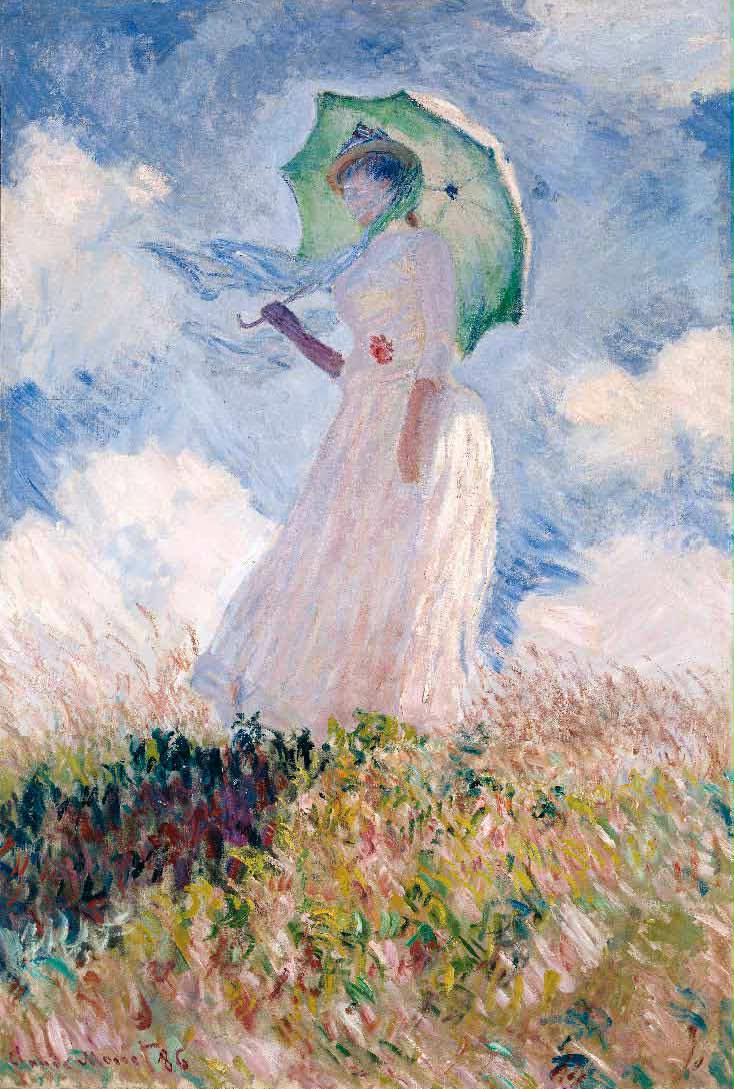Not every plan goes as it was intended and that’s not always for the worse -just saying-. Anyway, it’s what we learn from our experiences that matters.
“How you doing?”
I would like to start with a question: “How was your day? Good? Bad? You don’t know?”. If the answer is “good” then “how?” or “what made it good?” But, if the answer for the question is “bad” then think again, why did you consider your day to be a bad day? I hope you have an answer, and it has to be convincing, you know.
But, if your answer is “I don’t know” that means (probably) that you took a moment to think about what happened today to better judge. And that’s a good thing.
You’re (again, probably) asking why I am asking you this question? And if so, that’s a good start here. I won’t be telling you the reason (or reasons) behind all of this, you’ll figure it out yourself.
But let’s get back on track, let’s focus. I want you to take a paper and a pen (or pencil, doesn’t matter) and write down one good thing and one bad thing that happened today. Of course, these two things must be relevant to you. Done? Okay, good. Now, try to add two more items on each side and if you can further make the count up to five on each side but it doesn’t matter if you can’t reach that number, what matters is this: try to compare each side to the other. Do the “Good things” side have more value to than the “Bad things” side? Is it the opposite? Are they Equal?
Based on this list, try to re-evaluate your day: is your answer still the same as earlier? If so, the good job (maybe).
The point here is how to better evaluate your day, because we humans tend to focus on the “bad” things and we, mostly, judge our day based on that (sometimes minor) “not so good” event that we may judge a day as a bad one based on that logic even if our day was good overall. So, whenever you feel that your day was awful, make a list and see if you still think that it is awful.
“Hello old me”
In most cases, when people give advice, they’re basically talking to themselves in the past, as Austin Kleon said in one of his books.
So, if someone gives you advice, it’s based on their own experience, they’re essentially speaking to themselves through you, which is good and what I’m saying is just me talking to younger me. Side note: 18-slash-19-years-old-me could use some advice about life choices. Anyway, moving on.
It’s good to be around creative and successful people and gain as much knowledge as possible from ‘em. And in the case where you’re one of the creative minds, share as much experience as possible with others. Of course, without being that “me me me” person. – just saying –
“Go make stuff”
Where do you see yourself in a year, in five years, in the future, anytime? That’s probably the most asked question you’ll ever get once you’re about to leave education and go into the “real” life, this question is often asked during internship and job interviews. But, have you ever asked yourself that question? Do you have an answer for it?
Speaking from a personal perspective, I started questioning my future plans a couple of years ago, it initially started when I failed a class. I kind of have an answer for the question and I said (well, wrote) “kind of” because the answer isn’t definitive and because life situations change and based on that my vision for the future may change. But, what does this have to do with making stuff? It does.
Now, focus. You’ll never know that you’ll want to do something unless you start making it. In my opinion, you will never ever have a good plan, good ideas always come when it’s too late. And, no! getting a “regular” “well paying” job and getting married isn’t a plan, at least not for me.
So, here’s how it goes: you’ll start making something, anything as long as it has a meaning, and start working on it and that’ll help you discover yourself because you’ll never know your limits unless you challenge yourself. So, if you have an idea in mind, go for it. If not on the short term, on the long term. JUST. BLOODY. DO. IT! Make a project and start experimenting. Look at those successful people out there. They had something in mind and they went for it regardless of the capabilities they had.
When you work on something you want to achieve, there are two options: success or failure. If you never start working there’ll be one and only one option: failure.
Now, here are some steps that may help you with the struggle.
First step, convince yourself that it is not worth waiting you’re ready to do “that” thing. Believe me, you’ll never be.
Step two, step away from the screen… Like, seriously… Okay, finish reading first… Never start an idea on a distraction-oriented device. You open your, let’s say, computer, there’s a big probability of you ending up wasting your time and you don’t want to do that.
As far as my life experience go, my best projects are those that started on paper and were enhanced by online and offline research.
Step three, use digital resources right. Don’t waste your time looking at memes. Put your time to good use: read articles and other useful stuff.
Step four, never quit so early. Whenever you’re thinking about quitting there’s a big “chance” that you’re closer than ever to your goal. So, just DON’T GIVE UP!
Well, I hope this helps you to progress more and to progress better.
I’ll be back, but not right back. Until next time, farewell.


Share your thoughts